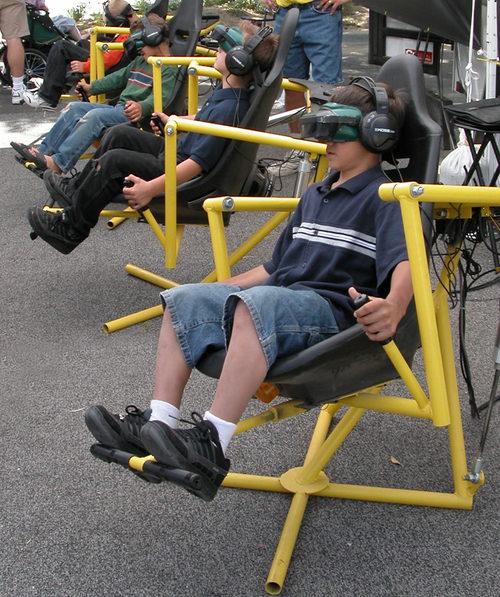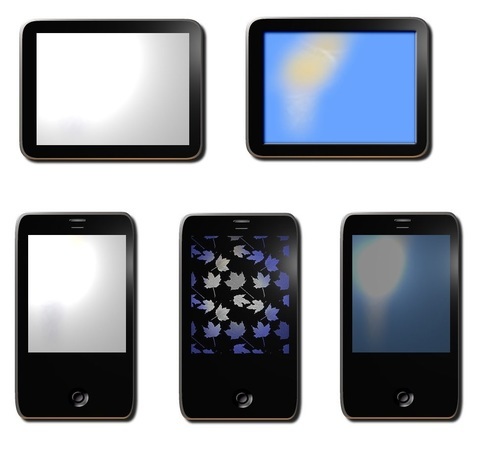Virtual Reality
When people have discussions about the future of the internet, virtual reality will often be brought up. This is a simulated experience created via a headset. The user’s vision and hearing are affected by the device. As a result, they could view a digital space that is either similar or significantly different to the real world.
In the past, VR was mainly used for creating video games. However, websites such as the BBC have reported how it could have other online applications. For example, it may become the dominant interface for accessing the internet. If this occurs, then websites would need to update their looks significantly. So far, VR has already been utilised in medicine, education and the automotive industry.
Haptic feedback is used in newer headsets to make interactions with the digital space appear more authentic. For example, if the user bumps into a virtual wall, the device could emit vibrations. In the past, such tech may have merely been regarded as a method of recreation. However, several high profile companies have stated their desire to use VR in practical ways. It seems likely that these firms will start to compete with each other to develop the most popular types of virtual reality devices.
Smart Devices
When the internet first became available to the general public, the only way to access it was through personal computers. These were heavy and cumbersome objects that provided very little portability.
There has been a significant shift towards making the internet available via increasingly smaller devices. It took a fair amount of time for this tech to become as popular as it is today. In the modern world, a large proportion of the general public owns a smart device. This could be in the form of a phone or tablet.
However, there has been a recent resurgence in so-called dumb phones, devices which have minimal functionality. This is because some people believe that smart devices cause screen addiction. Therefore, it is fair to say that owners of newer phones will often spend too long staring at them.
Despite these issues, smart devices can be seen as a valuable tool for advancing society. It is possible to answer emails, read documents and upload high definition images from practically anywhere in the world. Whether or not this tech is a force for good, will largely depend on how the owner utilises it.



